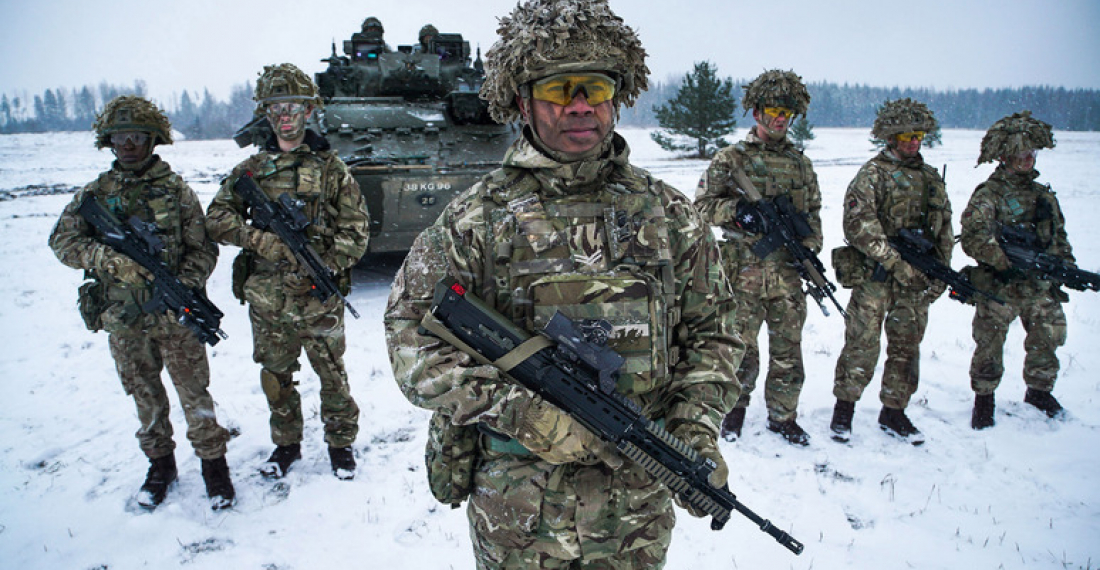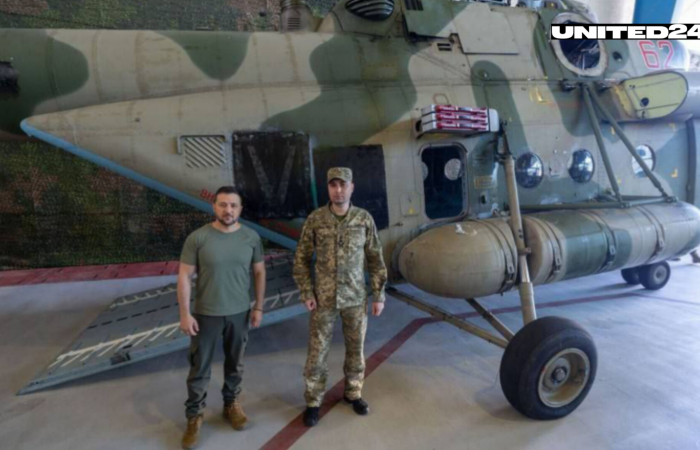The United Kingdom is considering doubling the number of army battalions assigned for NATO duties in Eastern Europe. UK Prime Minister, Boris Johnson, is also considering offering additional weapons, warships and aircraft to bolster NATO's capacity. The Prime Minister declared on Saturday evening (29 January), he wants to send a "clear message" to Russia:
"I have ordered our Armed Forces to prepare to deploy across Europe next week, ensuring we are able to support our NATO allies," the prime minister said in the statement. The reason for this is the rising tensions with Russia over Ukraine.
"This package would send a clear message to the Kremlin — we will not tolerate their destabilising activity, and we will always stand with our NATO allies in the face of Russian hostility," the statement continued. He added, "If President Putin chooses a path of bloodshed and destruction, it will be a tragedy for Europe". "Ukraine should be free to choose its own future."
British officials will meet on Monday (31 January) to discuss military options and finalise the decision next week.






